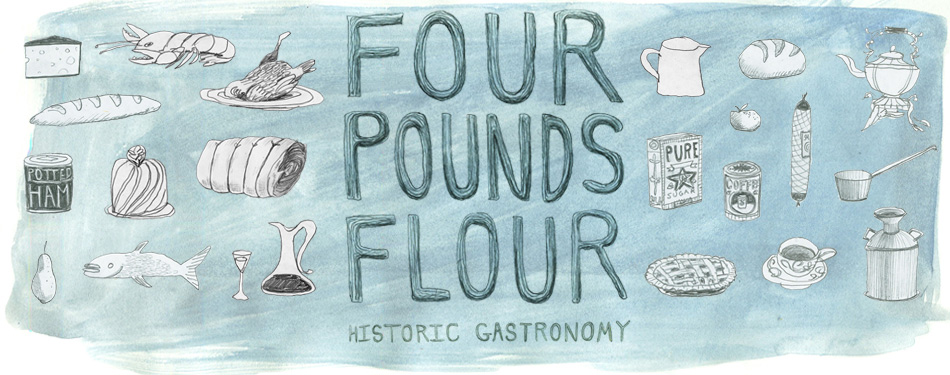From The Intoxicologist is in:
“BACARDI®, the world’s number-one selling rum, today announced the launch of a new multi-media advertising and marketing campaign that emphasizes the brand’s 147-year history and rum making expertise. Featuring an all-new BACARDI Mojito television spot entiled “Eras,” the campaign seeks to convey the message that the best Mojitos are made with BACARDI, the innovative rum brand first used to make this legendary cocktail.”
Permit me to nerd out for a moment.
“Cuba is the birthplace of the mojito, although the exact origin of this classic cocktail is the subject of debate. One story traces the mojito to a similar 16th century drink, the “El Draque,” in honor of Sir Francis Drake. It was made initially with tafia/aguardiente, a primitive predecessor of rum, but as soon as Spanish rum became widely available to the British (ca. 1650) they changed it to rum. Mint, lime and sugar were also helpful in hiding the harsh taste of this spirit. While this drink was not called a mojito at this time, it was still the original combination of these ingredients..”
So while a combination of ingredients similar to the mojito existed, in the 19th c. it was being drunk by the Cuban working class. Definitely not Victorian tarts in spangly dresses.
I’ve also read that “The earliest “mojito” recipes…found are from 1931 and 1936 editions of a Sloppy Joe’s Bar Manual.” Sloppy Joe’s was a famous bar in Cuba, where Hemingway apparently popularized the drink.
Bacardi was founded in Cuba, and it was known for refining what was a previously unrefined drink. Rum was a dark pungent spirit; Bacardi classed it up by running it through a charcoal filter, creating a much lighter liqour appropriate for swanky bars.
And perhaps that’s what happened to the Mojito; it transformed from the rugged El Draque, to the gentile Mojito with the creation of Bacardi Rum.
Read up for yourself, and weigh in:
The History of the Cuban Mojito
Other Rum drinks from the 1860s:
P.S–Nothing personal against mojitos. They’re delicious.

Pingback: How to Make a Mojito - A Mojito Cocktail Recipe by TheFNDC.com - theFNDC
Thank you for the research! I’m posting something this week after some confusing marketing material I found in puerto rico. I’m digging into this history — I find it fascinating! Check out the post at http://www.eatdrinkandbeskinny.com!
– Every person continually tells you natural meats are required on this procedure,
and I am saying to you they’re not. 8) One other thing that worked
for me, when I felt hungry between meals. Reported by Mayo
Clinic registered nutritionist Katherine Zaretsky.
It has got some amazing properties that assistance in increasing
the metabolism and burning the body fats. Are you on your
way to the maintenance phase of your HCG diet and concerned about gaining back any weight.
my blog :: best real hcg drops
Pingback: Best Mint Mojito Ever - Welcome to Herbs